In different region of the world there are some reserved seats while enrolling in educational institutions and in government jobs services for the underprivileged. This reservation is prominently called as quota system.
Quota system has become the most discussed topic of the country. Now Bangladesh government job sector is reserved 30% for children and grandchildren of freedom fighters, 10% women, 10% district, 5% ethnic minority and 1% for disable people totaled around 56% of quota.
Quota system in different countries
India
In our neighboring country, India, there are four types of quotas in India.
1. Ethnic Quota,
2. Quotas for underprivileged classes
3. Caste-based quotas
4. Quotas for minorities in different states
India has a total quota of 49.5% as well as a fair quota distribution system. Only one person in a family can avail this quota and if the quota is used in higher education, that person will not be able to claim the quota in the job sector.
Pakistan
The quota system is also in Pakistan, from which Bangladesh got independence in 1971. The freedom fighters now-a-days avail the privileges since they fought the battle against Pakistan.
The quota system in Pakistan is based on the population of different areas. The main reason for the quota system in this country is that people of all regions participate equally in different fields. Only 7.5% of the people in this country participate in various jobs on the basis of merit.
Malaysia
Malays make up 50.1% of Malaysia’s population. The Malay population enjoys 55% of the total ethnic quota in Malaysian higher education. Malays enjoy 60% of all areas, including jobs, low-cost housing, and 40% of all other populations.
Canada
Canada, a role model of a developed state, also has a quota system. There are quotas applicable for the main four classes– women, disabled, indigenous peoples and minorities. But it is not clearly determined what percentage for any quota of these four classes.
Nepal
There are two quotas in government jobs in Nepal. One is the general quota (55%) and the other is the reserved quota (45%).
The reserved quota has been categorized for women, tribes, Madesis, disabled and remote communities since 1993.
Japan
Like other countries, Japan also has quota system. The Burakumin and Korean communities are given special prominence in government jobs. In addition, if the number of employees of a private service is more than 500, then there is a 5% quota applicable for Burakumin and indigenous communities.
China
Ethnic and indigenous people, who make up 8% of China’s population, have relatively low qualifications for government jobs. In addition to monthly government scholarships in educational institutions, arrangements have been made for them to study at relatively low education costs, even in some cases completely free of cost of education.
Why the quota system?
Reviewing the quota system in different countries of the world, it is seen that special quota system has been introduced to bring the backward and underprivileged people of the society back to the mainstream of their population by ensuring equal opportunities for them.
After the independence of Bangladesh, quota system was introduced in government jobs through an executive order in 1972. Until 1976, 20% of the government posts were appointed on merit basis. In 1976, recruitment on the basis of merit was increased to 40%.
Later, the rate of recruitment in merit was increased a little more and till 2018, merit-based recruitment was 44%.
In the wake of the mass movement of students across Bangladesh in 2018, on October 4 of that year, the Ministry of Public Administration issued a circular announcing the cancellation of quota system between ninth and-thirteenth grade jobs (first and second class).
In 2021, some children of freedom fighters filed a writ challenging the part of the circular to cancel the freedom fighter quota.
On June 5 this year, the High Court ruled in favor of reinstating the quota system in government jobs and declared the government circular issued in 2018 illegal.
Centering this ruling, students and job-seekers have been protesting since July 1 under the banner of `Anti-Discrimination Student Movement` to meet a charter of four-point demand.

-20240707125045.jpeg)
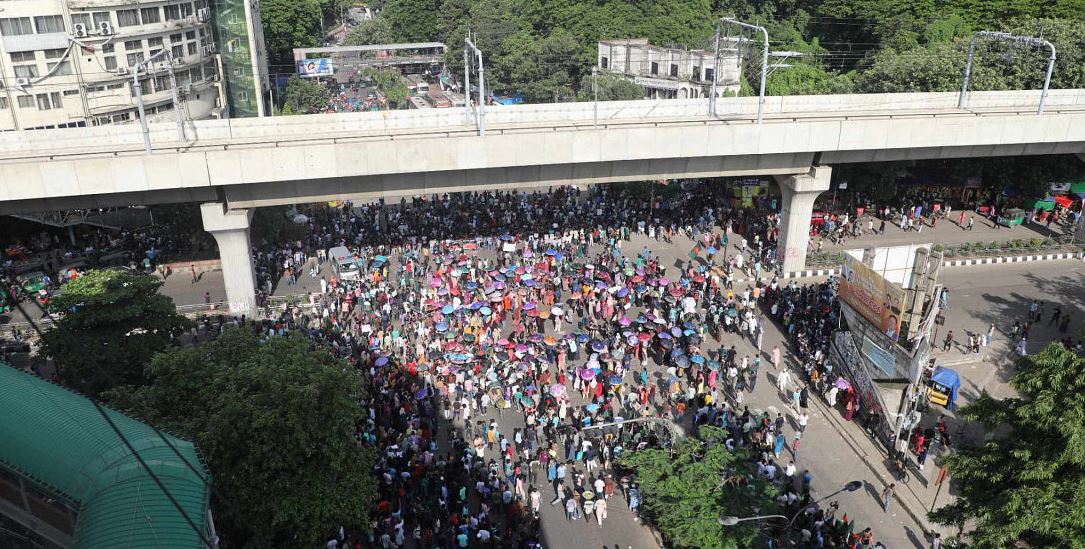

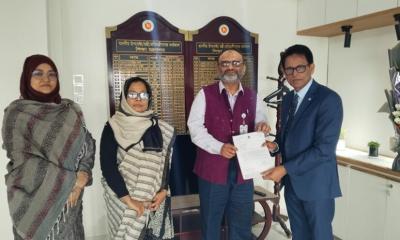

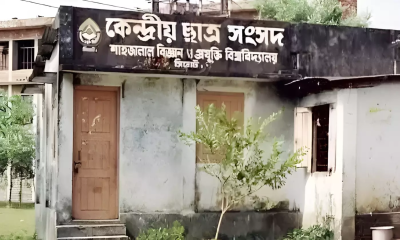

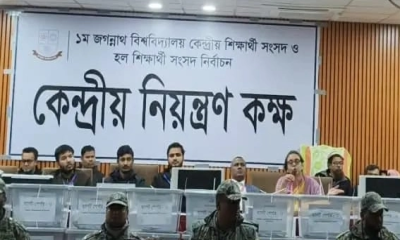
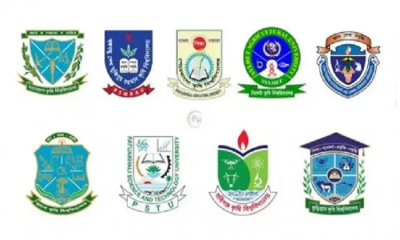
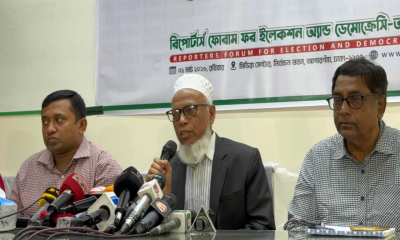



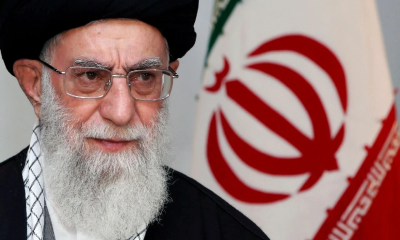
-20260301064029.webp)
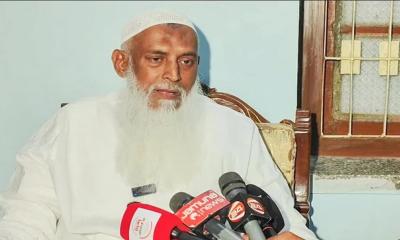
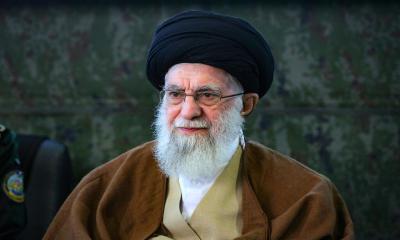

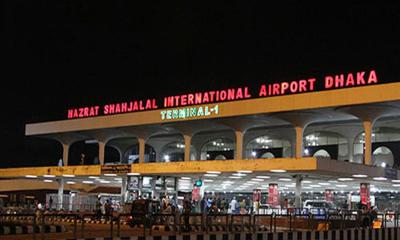

-20260228080513.webp)
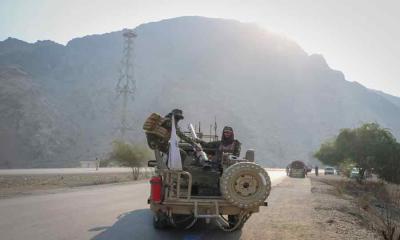
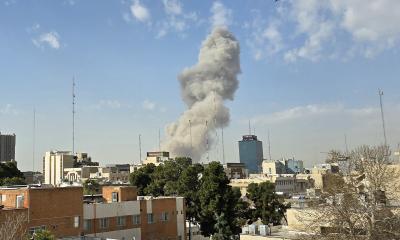
-20260228064648.jpg)





-20260224075258.webp)





-20260225072312.webp)


